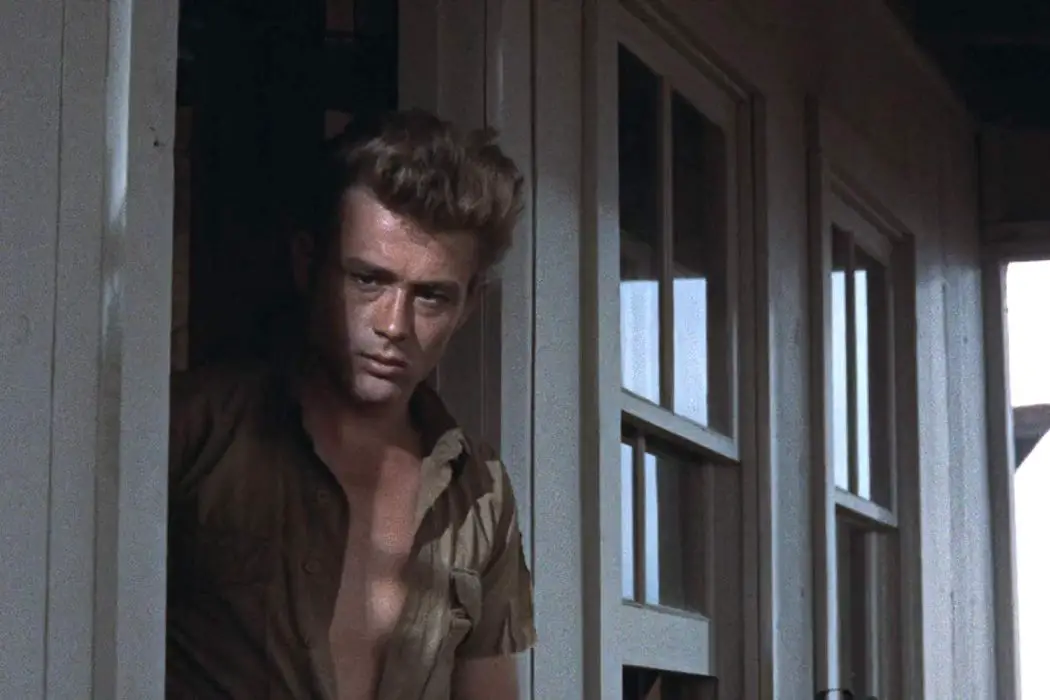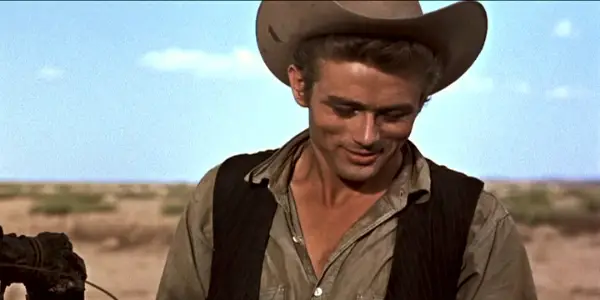Why We Should Leave James Dean Alone

Luke Parker is an award-winning film critic and columnist based…
Hollywood has a strange relationship with technology: audiences often take for granted the things that they like while also loudly chastising the things that they don’t. Recently, filmmakers have been going to great lengths to redesign or de-age some of the industry’s most recognizable faces for the purposes of their story, a practice many moviegoers are on the fence about – especially when the end result doesn’t turn out so well. But the industry’s most audacious and daring proposal yet with the technology has been bombarded with little else but criticism.
For the first time in 64 years, the late, great James Dean is reportedly starring in a new movie. The actor, whose limited filmography includes Rebel Without a Cause and East of Eden, has become an icon of insurgence, a symbol of speed, freedom and youthful recklessness – much of that legacy can be attributed to his untimely death in 1955 when he crashed his Porsche 550 Spyder off of a California highway. That being said, the news of a sudden return to the big screen is, way more than less, unexpected.
 While Finding Jack directors Anton Ernst and Tati Golykh are moving forward with their Vietnam drama with the Dean family’s good graces, buckets of angry witnesses, including Chris Evans and Elijah Wood, have been adamant that the idea crosses a moral low ground. But why should anybody care if the filmmakers have the family’s permission?
While Finding Jack directors Anton Ernst and Tati Golykh are moving forward with their Vietnam drama with the Dean family’s good graces, buckets of angry witnesses, including Chris Evans and Elijah Wood, have been adamant that the idea crosses a moral low ground. But why should anybody care if the filmmakers have the family’s permission?
This has never been done before, with good reason
An earnest and often overlooked part of this story is that whoever pops up in Finding Jack is not James Dean. Despite the fact that IMDb currently lists the upcoming project as one of his acting credits, Dean, who would have turned 89 next February, is simply in no position to perform. On top of inaccurately placing his figure and likeness into the Vietnam War, a conflict he didn’t live long enough to see, the words won’t be coming from his mouth, and the mannerisms aren’t from his body: it is a computer, a computer that will never be able to calculate or simulate the essence of man, nor the spontaneity of his art.

While this isn’t the first time consenting adults have played with fate, bringing back to the screen the mammoth presences of bygone performers and characters, it has never been so randomly conceived. Most of the time, the technology’s cast with a tributary purpose, and/or with the intent to avoid infringing on the story’s continuity. Rogue One saw the onscreen revival of Peter Cushing’s Tarkin as well as a young Carrie Fisher, and Furious 7 restored Paul Walker’s character for a grand sendoff after the actor’s sudden passing two years earlier.
Dean, unfortunately, hasn’t partaken in a film for the better part of a century. And with no characteristic connection to either the filmmakers or their subject, there is little justification for his role other than availability.
Where does it end?
On Twitter, Chris Evans hit the nail on the head when he wrote, “maybe we can get a computer to paint us a new Picasso.” Recreating the styles of brilliant artists not only risks tainting the status the original work has earned its creator, but also greatly limits the capacity for new voices to be heard. If this level of recreation were to form into a practice or standard, how could anyone in the arts expect to progress their careers when neither the audience nor the producers are looking towards the future?
The public has already waged a war against Hollywood for the swarm of half-hearted sequels and remakes constantly being tossed into theaters. There’s no need for them to bring back half-hearted and literally lifeless actors too.
Are you excited to see James Dean on the big screen? Or do you think it’s a bad idea?
Does content like this matter to you?
Become a Member and support film journalism. Unlock access to all of Film Inquiry`s great articles. Join a community of like-minded readers who are passionate about cinema - get access to our private members Network, give back to independent filmmakers, and more.
Luke Parker is an award-winning film critic and columnist based in the Baltimore-Washington metropolitan area. As an entertainment journalist, he has interviewed several members of the film industry and participated in some of its most prestigious events as a member of the press. Currently, he is working to obtain his bachelor’s degree in Mass Communication at Towson University.













